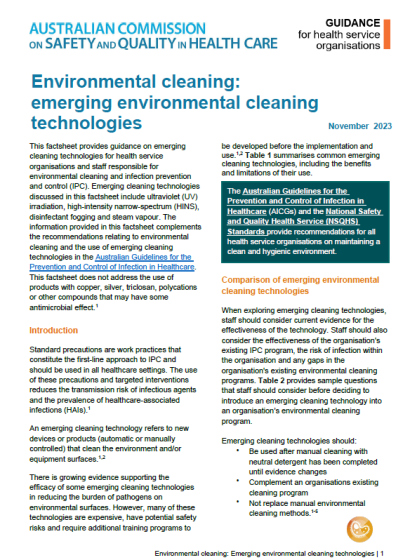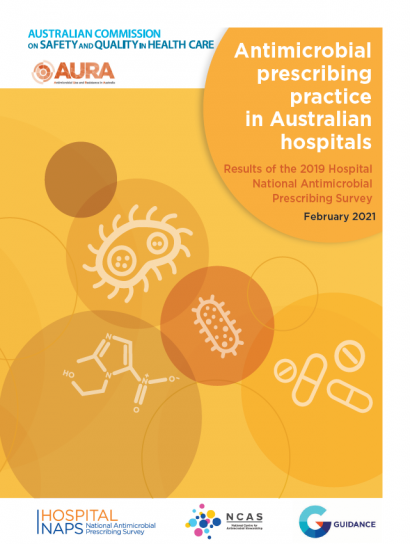The Sepsis Clinical Care Standard ensures that a patient presenting with signs and symptoms of sepsis receives optimal care, from symptom onset through to discharge from hospital and survivorship care.
The national standard was released by the Commission on 30 June 2022.
Proton pump inhibitor (PPI) medicines are one of the most commonly used medicines in Australia, particularly among older people. Find out about variations in PPI prescription dispensing in the Fourth Australian Atlas of Healthcare Variation 2021.
Polypharmacy is when people are using five or more medicines at the same time. This can increase their risk of medicines-related harm. Find out about variation in rates of polypharmacy in the Fourth Australian Atlas of Healthcare Variation 2021.
Gastroscopy is used to investigate, treat and monitor some gastrointestinal conditions. Find out about variation in repeat gastroscopy services in the Fourth Australian Atlas of Healthcare Variation 2021.
Potentially preventable hospitalisations are those that could have been avoided if the person’s condition had been managed better, earlier. This chapter of the Fourth Australian Atlas of Healthcare Variation examines chronic obstructive pulmonary disease (COPD), kidney infections and urinary tract infections, heart failure, cellulitis, and diabetes complications.
Tonsillectomy (surgery to remove the tonsils) and myringotomy (surgery to treat middle ear disease) are common surgeries in children. This chapter of the Fourth Australian Atlas of Healthcare Variation examines these surgeries in people aged 17 years and under.
Lumbar spinal surgery is sometimes used to treat chronic low back pain and other symptoms of degenerative spinal disorders. This chapter of the Fourth Australian Atlas of Healthcare Variation examines lumbar spinal fusion and lumbar spinal decompression.
The Fourth Australian Atlas of Healthcare Variation examines variation in healthcare use according to where people live. It covers six clinical areas: early planned births; chronic disease and infection; ear, nose and throat surgery in children and young people; lumbar spinal surgery; gastrointestinal investigations; and medicines use in older people. The Atlas was launched by the Hon Greg Hunt MP on 28 April 2021.
Information about the Third and Fourth Degree Perineal Tears Clinical Care Standard and resources for clinicians.
Quality Statement 6
After repair of a third or fourth degree perineal tear, a woman receives postoperative care that includes the opportunity for debriefing, physiotherapy and psychosocial support.
Information for health service organisations about the clinical care standard, the NSQHS Standards and resources to support implementation.


